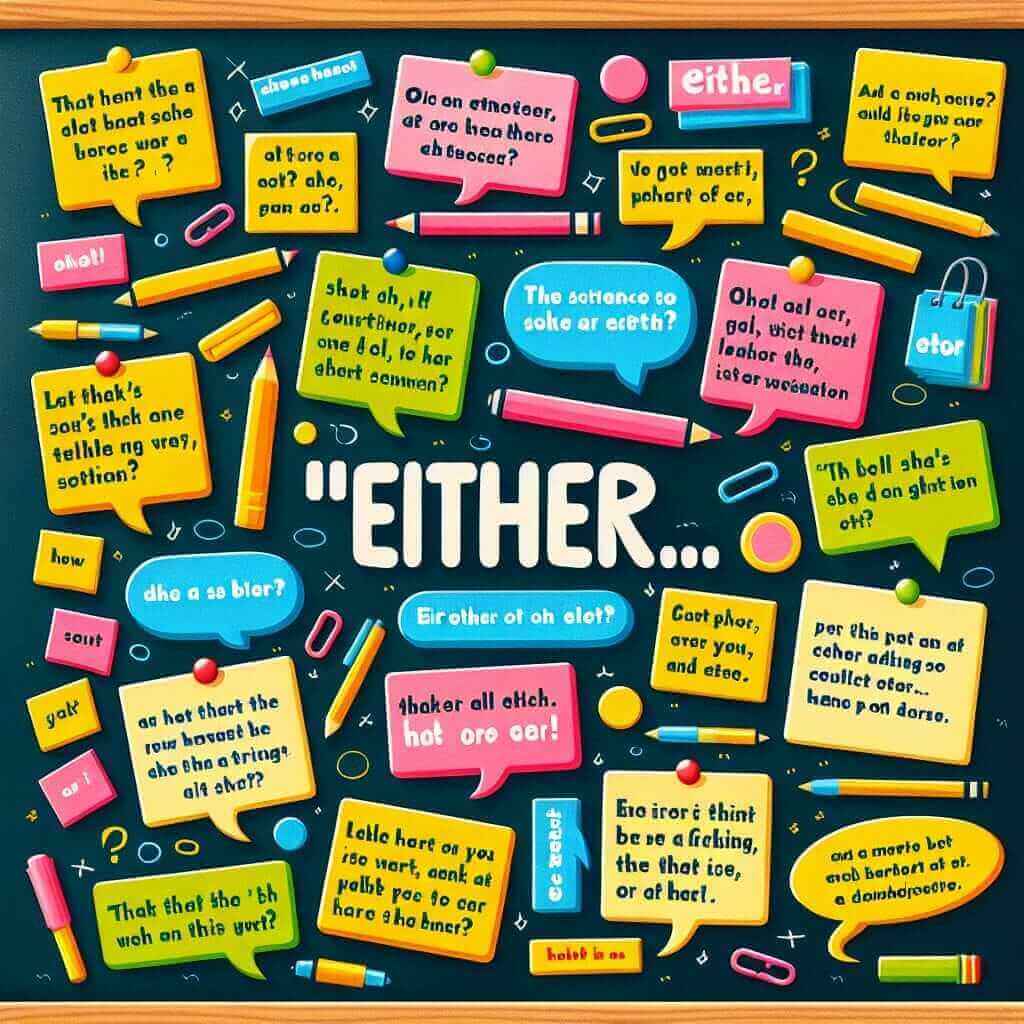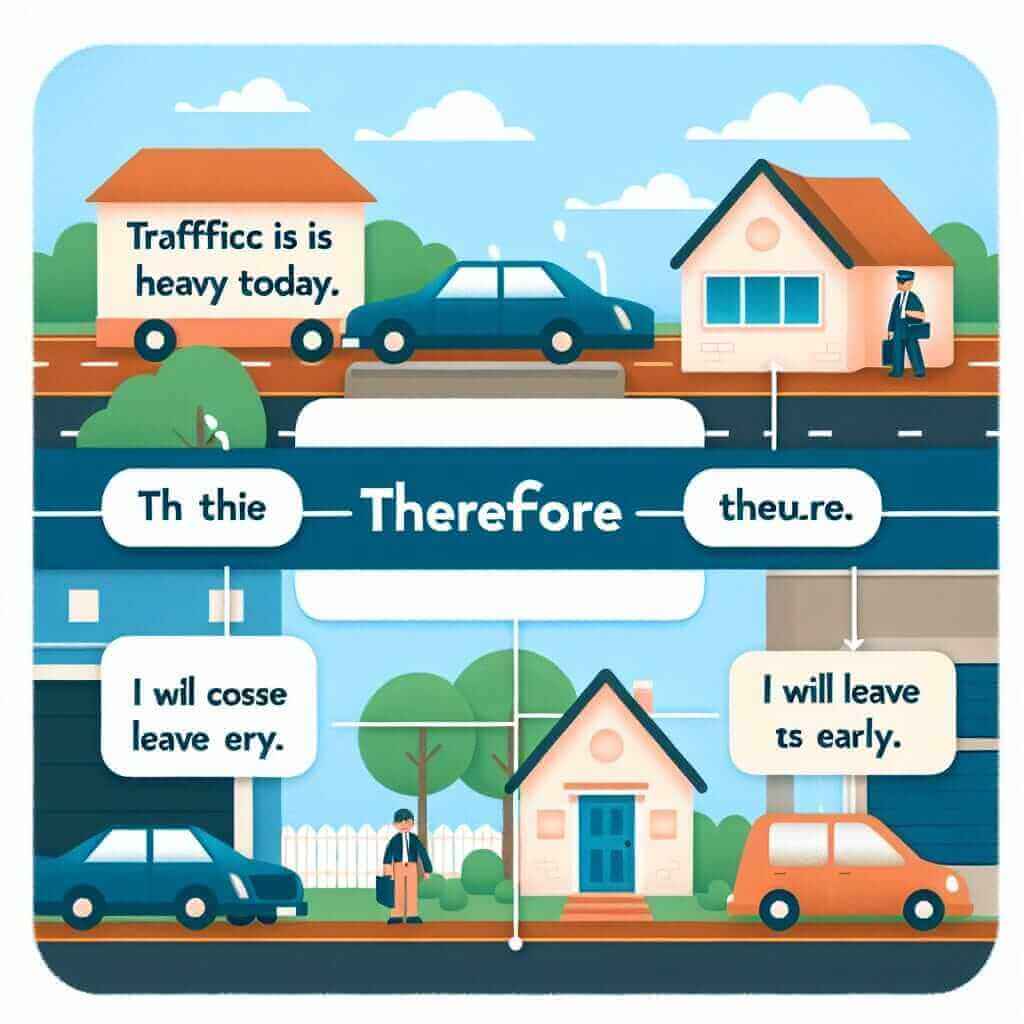“Either… or” is a conjunction pair that presents two alternatives. It frequently pops up in various sections of the IELTS exam, testing your ability to express choices effectively. Let’s illustrate how this simple yet powerful tool can be used in different sections of the exam:
Nội dung bài viết
Speaking: “For my next holiday, I’d like to visit either Italy or Greece. Both have fascinating history and beautiful beaches.”
Writing Task 1 (describing a graph with two peaks): “The sales figures peaked twice during the year, reaching high points in either March or September.”
Writing Task 2 (presenting an argument): “Governments should invest in either renewable energy sources or sustainable transportation solutions to combat climate change.”
Understanding the nuances of “either… or” and its application can significantly enhance your grammatical range and accuracy in the IELTS.
Deciphering “Either… Or” for IELTS
The “either… or” structure implies a choice must be made between two given options. While it seems straightforward, using it correctly involves understanding subject-verb agreement and recognizing its different applications. Mastering this can significantly boost your score, particularly in Grammatical Range and Accuracy, a key factor for achieving a Band 7 or higher.
Conquering the Grammar: Rules and Applications
Let’s break down the grammar rules surrounding “either… or”:
1. Singular or Plural Subjects:
-
When both subjects are singular, use a singular verb.
Example: Either the manager or the assistant is responsible for the error. -
When both subjects are plural, use a plural verb.
Example: Either the teachers or the students are organizing the charity event. -
When one subject is singular and the other is plural, the verb agrees with the subject closer to it.
Example: Either the coach or the players are going to the press conference.
Example: Either the players or the coach is going to the press conference.
2. Positioning “Either…Or” within a Sentence:
- At the beginning: “Either you apologize, or I’m leaving.”
- In the middle: “The company could improve profits by either reducing expenses or increasing sales.”
- After a negative statement (using “neither… nor”): “He is neither interested in sports nor inclined to watch them.” (See more about using “neither… nor” for expressing a lack of choice here)
 Examples of
Examples of
“Either… Or” in Action: IELTS Examples
1. Speaking:
- “I’m not sure what to study at university, but I’m interested in either psychology or sociology.”
- “To improve my English, I try to either read an English book or watch an English movie every day.”
2. Writing Task 1:
- “The graph illustrates that the price of oil fluctuated significantly, reaching peaks in either January or July each year.”
- “The data indicates that the majority of respondents were either satisfied or very satisfied with the new product.”
3. Writing Task 2:
- “Some people believe that the government should invest heavily in public transportation, while others argue that individuals should be responsible for their own transportation costs. Either solution presents its own set of challenges.”
- “To address the issue of traffic congestion, cities can either invest in building more roads or encourage the use of public transport.”
Aiming Higher: Advanced Usage for Band 7+
To demonstrate a sophisticated grasp of English grammar, consider these strategies:
- Combine with other conjunctions: “The film was not only poorly written, but it was also either too long or simply boring.”
- Use in a passive structure: “The decision will be made by either the CEO or the board of directors.”
- Emphasize the importance of the choice: “It is absolutely crucial that you choose either option A or option B; there is no other alternative.”
Common Pitfalls and How to Avoid Them
-
Incorrect Verb Agreement: This is the most frequent mistake. Ensure your verb agrees with the subject closest to “or”.
Incorrect: Either my sisters or my brother are coming to visit.
Correct: Either my sisters or my brother is coming to visit. -
Using “either… or” for more than two options: This structure is strictly for two choices.
Incorrect: You can choose either the red, blue, or green shirt.
Correct: You can choose from the red, blue, and green shirts. You can choose one of the red, blue, or green shirts.
Conclusion
Mastering “either… or” might seem like a small victory, but in the context of the IELTS exam, even minor grammatical errors can hinder your score. By thoroughly understanding its rules, practicing its application, and being aware of common mistakes, you can confidently wield this conjunction pair and boost your chances of achieving your desired IELTS band. Remember, consistent practice and focused learning are key to conquering any language skill. Good luck!


